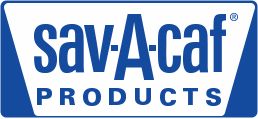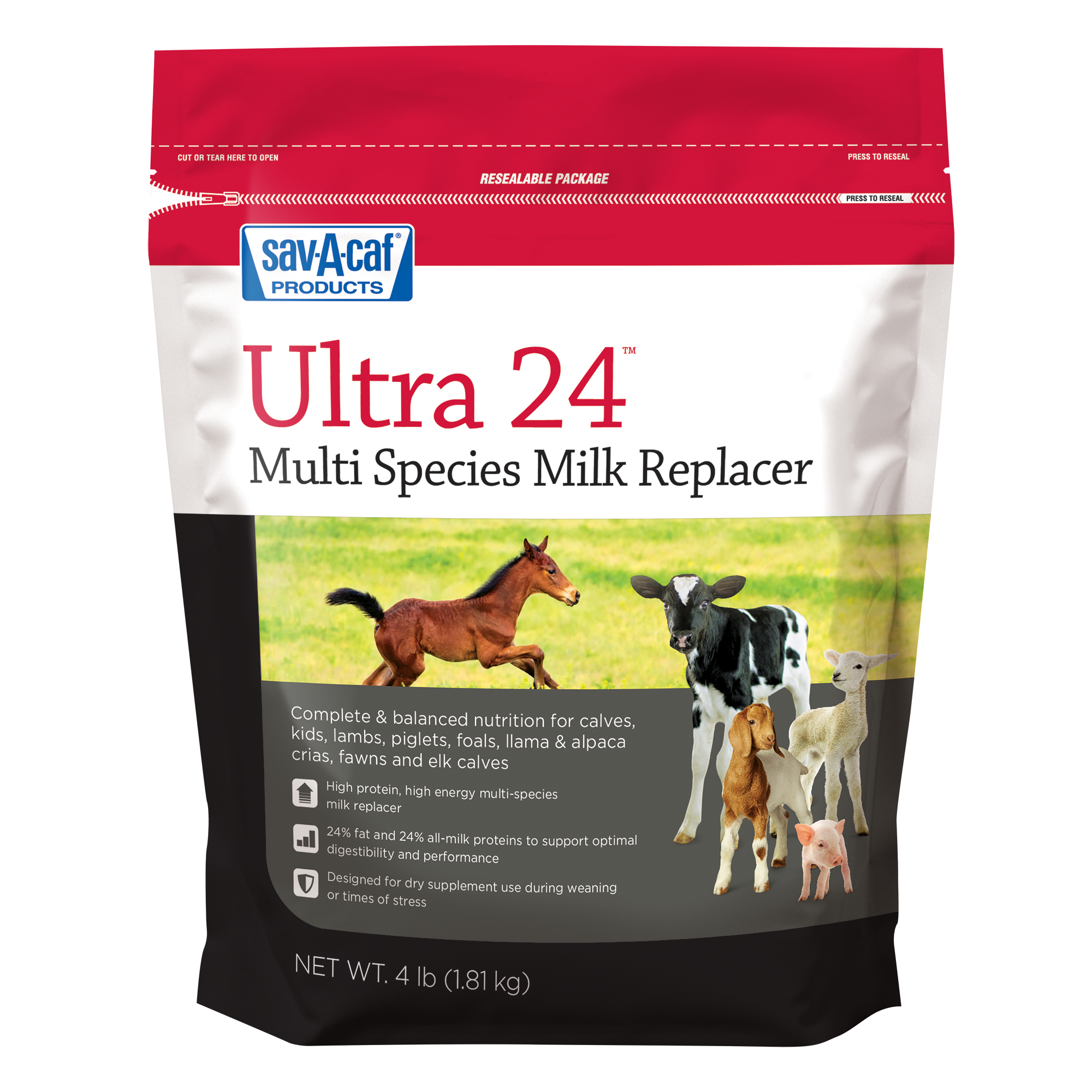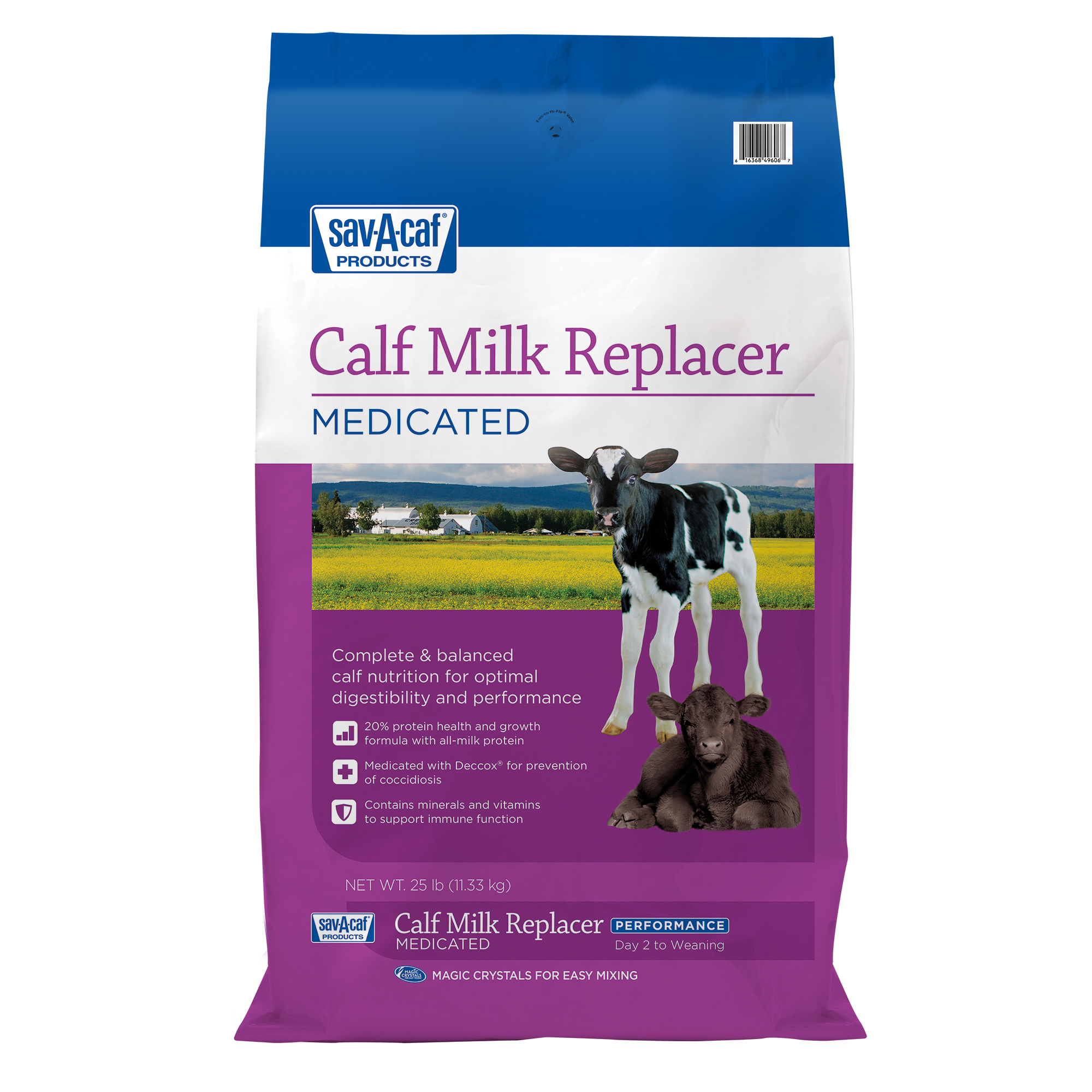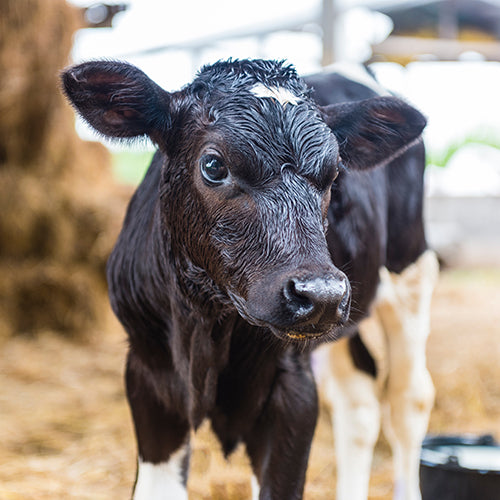
What to watch for in newborn calves
If you are welcoming a newborn calf to the world, congratulations! Livestock ownership is a commitment with great rewards.
As such, there are a few items you will need to add to your to-do list.
The first 72 hours following birth are especially critical for calves. Here are a few key things to look out for to make sure new calves have a happy and healthy start on the farm.
Nursing Challenges
Immediately following birth, calves need to consume colostrum, the first milk from the mother that contains essential nutrients and immune support for newborn calves. The only way to be sure a calf has nursed is to witness the event. If you haven’t seen successful nursing between your cow and her calf within the first two hours of life, it’s time to step in to assist or bottle feed.
Colostrum is critical because calves have undeveloped immune systems when they’re born. They rely on the antibodies from colostrum to fight pathogens and disease until they can develop their own immune system. If a calf doesn’t get enough colostrum, they’re more likely to develop scours, respiratory problems and additional health issues. The ideal substitute for inadequate maternal colostrum is a high-quality colostrum replacer or supplement given by bottle in the first few hours of life.
Lethargy
Normal calf behavior is to be very active and lively between frequent naps. Continued prolonged, lethargic behavior and low energy are not normal. Potential causes are, poor nutrition, unsanitary living conditions or even exposure to extreme weather. This is likely a sign that something bigger is going on, like dehydration, scours or weak calf syndrome.
Effects of Extreme Weather
Especially in the case of severe weather, calves should be checked for hypothermia several times during those first 72 hours of life. Body temperature below 96 degrees Fahrenheit can cause calves to experience serious stress. When they are born, they have limited body fat, which serves as insulation in older calves. Also, if calves get wet, or exposed to wind chill, they are more susceptible to hypothermia. There are several brands of calf jackets sold at farm and ranch stores that can provide calves with extra protection during cold weather.
Other environmental elements can also challenge them. Humidity and sun exposure are also things to be aware of and control to the best of your ability. The objectives for calf housing are access to feed and water, physical safety and protection from weather extremes.
Respiratory Diseases
Diseases often spread in the air, causing issues with newborn respiratory systems. Calves raised inside need well-ventilated, draft-free housing. Good barn ventilation systems provide fresh outside air to the calf space, changing the air in the barn every 4-6 minutes, without causing drafts. Air can be moved for evaporative cooling, during periods of warmer weather with fans.
Poor ventilation allows for a buildup of elements harmful to a calf’s immune response. Keep an eye out for things like dust, moisture and general dirt and grime that could cause both respiratory problems for your calves and damage to their environment.
Signs of respiratory disease include droopy ears, increased mucus or nasal discharge, panting or heavy breathing and general signs of depressed activity.
Scours
Scours cause major loss of fluids and nutrients that are necessary for a calf’s survival. If your young calves experience watery or strangely colored stool and signs of low energy, they could be experiencing scours and, consequently, extreme dehydration.
Hydration plays an important role in a newborn calf’s health and development. One way to treat or prevent calf dehydration is with an Electrolytes Plus™ Supplement that contains ingredients like dextrose and glycine that provide energy during periods of stress.
Stress
Pay close attention to how your calves are adjusting to any changes in their routine or environment. Even small adjustments can cause stress in calves, making them more susceptible to sickness. Keep them healthy by watching for signs of stress and minding your calves’ comfort and cleanliness.
One way to keep things clean and reduce contamination is to place feed and water sources outside of the calf pen. Be sure to also disinfect and sanitize your calf housing often and keep dry bedding on hand.
Contact Your Trusted Veterinarian
In addition to providing general care and nutrition, seek quality veterinary attention from a calf specialist and maintain a regular check-up and vaccination schedule.
And of course, contact your veterinarian right away if you notice signs of any of the health concerns we addressed in this article in your newborn calves.
Find more tips, tricks and products designed to meet the needs of your animals on our Facebook and Instagram.
Find Solutions for Your Animals
-
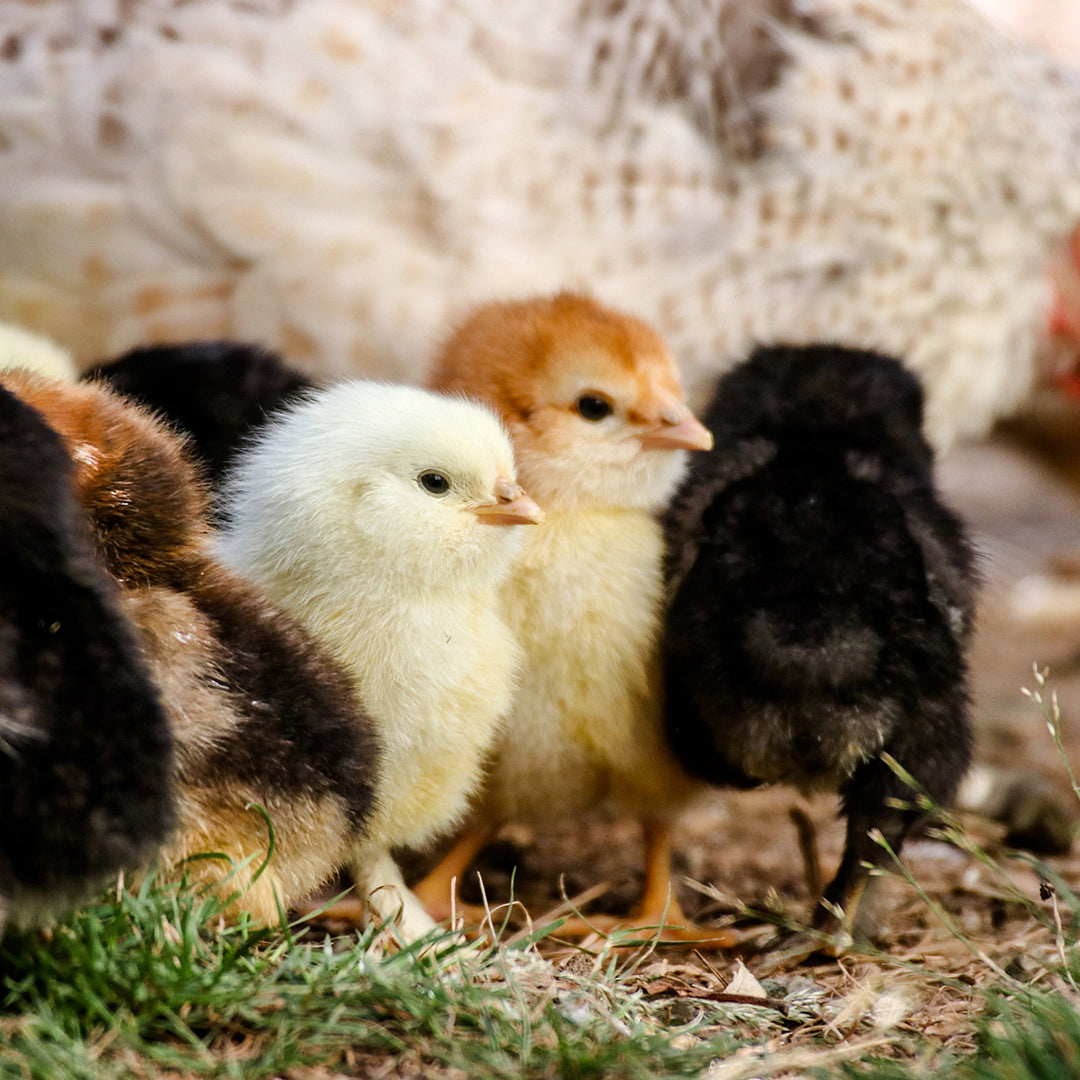
Whether housed in a coop or free ranging on your farm, your birds are exposed to multiple threats every day that could cause illness or impact their well-being. Now there’s a way to be more proactive with regular support for...
-
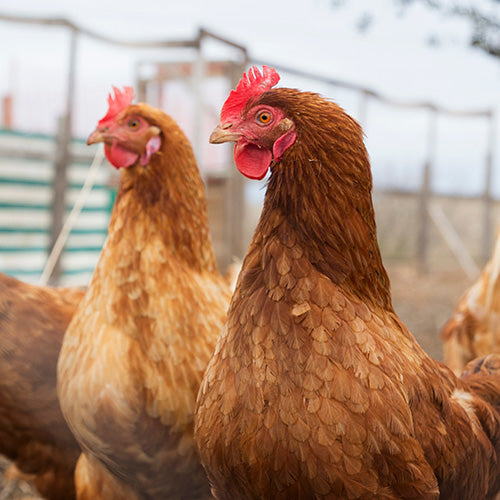
You’ve raised your chicks to adulthood and now they’re fully feathered hens. Way to go! Now, you get to enjoy their eggs and companionship for years to come. To maximize their life, support their production potential and kee...
